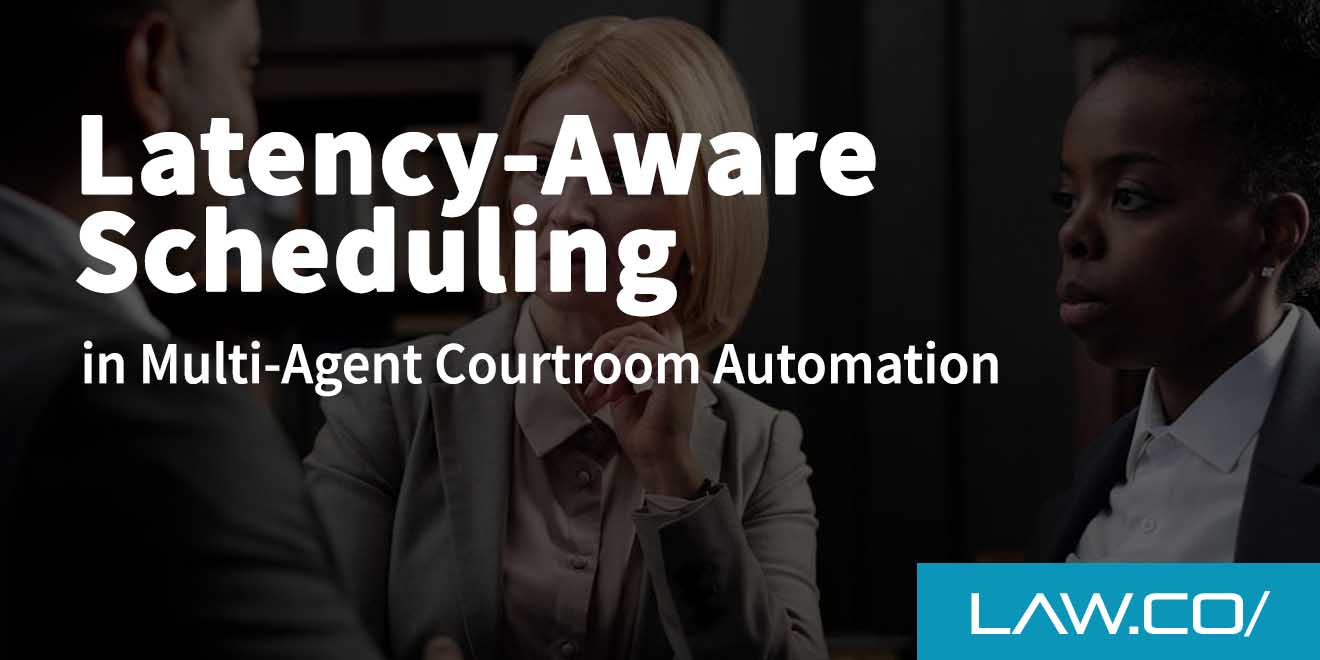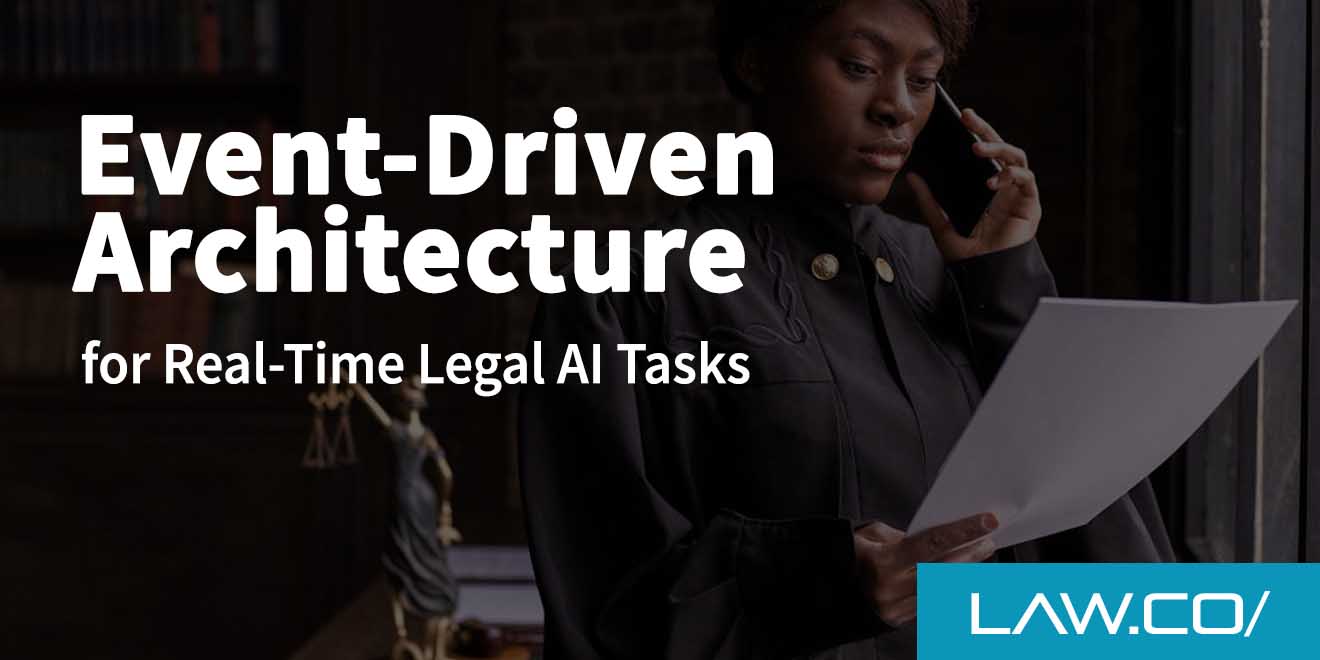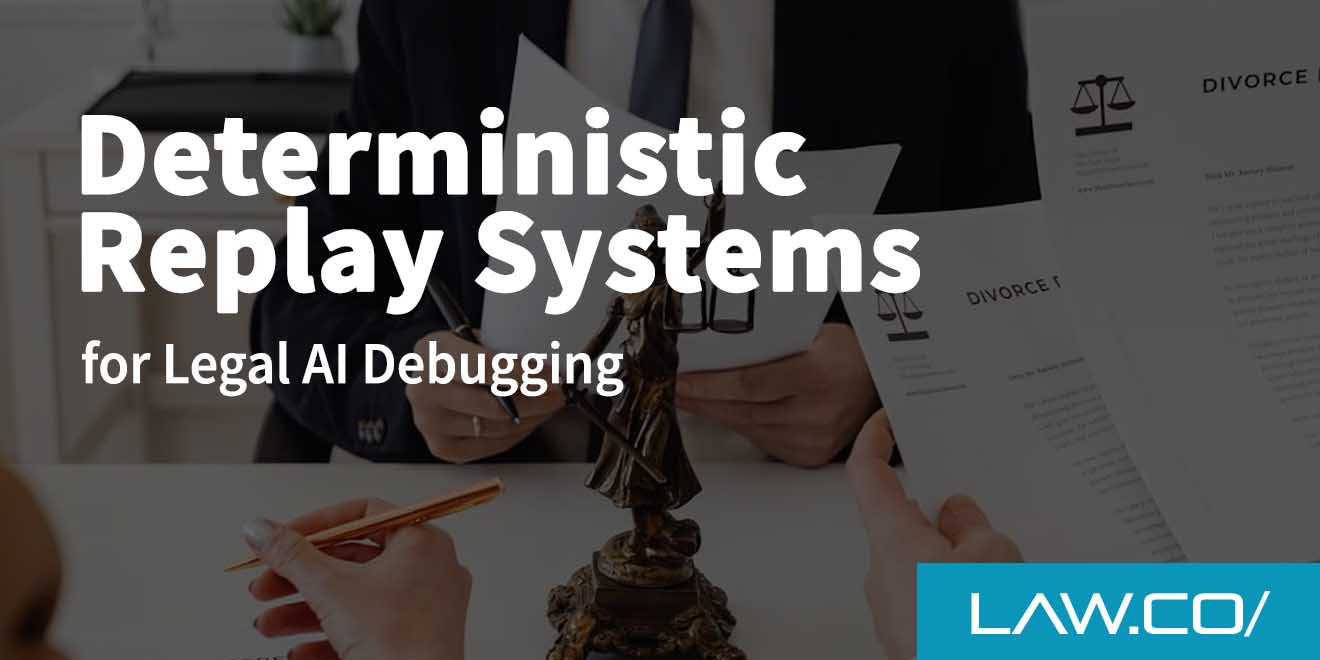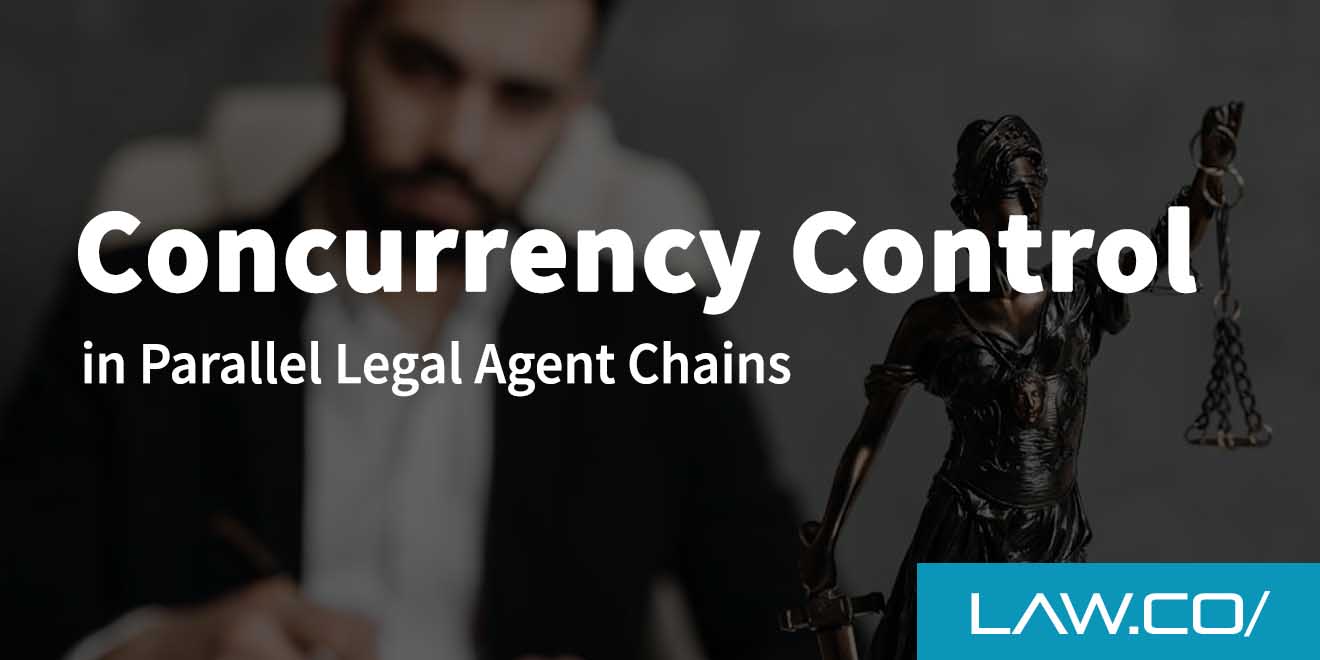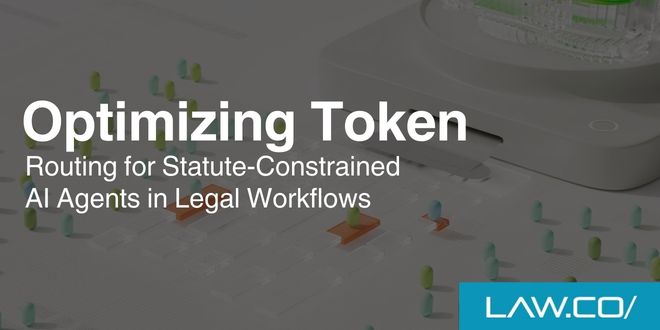

5 Ways to Use GPT in eDiscovery
eDiscovery is an important tool in legal proceedings that involves producing and analyzing electronic data or evidence.It can be time-consuming and errors could lead to expensive consequences. Leveraging technology through Generative Pre-trained Transformer (GPT) language models is proving to be a valuable asset for improving the accuracy and efficiency of eDiscovery processes.In this article, we explore five effective roles that GPT can play to help streamline the eDiscovery process while delivering more accurate results.
GPT for Document Summarization

GPT's natural language processing capabilities
GPT's natural language processing capabilities enable it to interpret documents written in various languages. It is designed to identify relationships between words and concepts in a given text and synthesize them into meaningful summaries denoting the main ideas.Unlike traditional rule-based summarization methods, AI technology or GPT powered summarization can provide documents with concise details that can save on time during analysis and review.Furthermore, GPT supported document summaries share the same conceptual meaning of their original versions without compromising meanings contained within them.Thus, these machine generated abbreviated forms of extensive texts act as efficient tools for eDiscovery activities such as legal research and case study analyses.
How GPT can summarize lengthy legal documents quickly
GPT (Generative Pre-trained Transformer) is a powerful language processing model which can provide enhanced summarization for lengthy legal documents. By leveraging its natural language processing capabilities, GPT can generate short summaries with the same understanding card taken from longer texts.The summarized text won't contain irrelevant details found in the original law document; instead, it sifts through and pulls out only the critical information. These summaries are invaluable tools to help save time and effort when handling eDiscovery as they identify only salient points quickly without skimping on accuracy or insightfulness.
Benefits of summarization in saving time and effort during eDiscovery
Unlike manual document review, GPT accurately captures relevant terms and concepts from the given document by generating summaries that are contextually similar to the original legal paperwork.This provides teams with substantial time savings in compressing lengthy information into concise extracts that can be easily shared and analyzed collaboratively. GPT also accumulates historic reports to draw inferences based on previously joined investigations, thus adding additional layers of accuracy and productivity when navigating through individual project-based paper reviews.
GPT for Keyword and Concept Extraction
Challenges of manual keyword extraction in eDiscovery
Manually extracting keywords and concepts from documents during the eDiscovery process can be immensely time-consuming and labor-intensive. It’s also susceptible to errors caused by human bias or oversight.Constraints such as natural language problems, slang usage or misspelling often add to the challenges inherent in trying to accurately locate relevant keywords manually, draining both valuable attentional resources and operational costs.
GPT's ability to identify relevant keywords and concepts
Through its advanced algorithms, GPT can rapidly identify relevant keywords and concepts to help further streamline the process of eDiscovery data organization and analysis.By analyzing content with descriptive titles through keyword identification techniques specific to GPT technology, lawyers and researchers can determine relevance much faster than manual methods traditionally have allowed.Identifying these keywords quickly and effectively speeds up review time drastically while ensuring accuracy at scale and uncovering insights ignored otherwise.
GPT for Predictive Coding and Document Classification
Predictive coding and its significance in document review
Predictive coding, also referred to as technology-assisted review, is a type of computer software used for reviewing and classifying large quantities of documents in eDiscovery processes.This method involves utilizing analytical algorithms during the testing phase to identify patterns and similarities between lawsuits already tried or settled cases. Predictive coding allows legal professionals to quickly search through vast data sets to find important documents at an enhanced speed and accuracy level over supervised reviews alone.
How GPT can assist in classifying documents based on relevance

Predictive coding and AI prompt engineering are integral parts of document review in eDiscovery, as it enables legal professionals to categorize documents quickly based on relevance. With the help of GPT, this process can be greatly accelerated and streamlined.GPT utilizes powerful algorithms in natural language processing to quickly identify text patterns and keywords that represent the reviewed documents’ meaning and content.This allows predictive coding to automatically classify and tag reviews faster with accuracy yet also requires less manual effort from credential staff involved.
Highlight the potential cost and time savings through predictive coding with GPT
Predictive coding aims to expedite document review during eDiscovery by automatically classifying documents based on relevance.GPT, in its natural language processing prowess, is well-suited for predictive coding due to its ability to accurately assess complex legal documents. Predictive coding with GPT eliminates the time and effort needed to go through a large amount of data, thereby soaring efficiency levels and curbing costs associated with manual review.Additionally, utilizing GPT leads to more precise results as it reduces random classification errors which comes from manual oversight. All this streamlines the entire discovery process leading to greater accuracy when searching for relevant evidence and resources necessary for documentary synthesis within legal disputes.
GPT for Language Translation and Cross-Jurisdictional eDiscovery
Complexities of multilingual eDiscovery cases
Multilingual eDiscovery is a complex challenge faced by many legal departments. With varying languages in the case documents, manual translation is cost and time-prohibitive. GPT language models can help alleviate this burden with machine translation capabilities integrated into eDiscovery workflows.Specifically, they reduce the laboriousness of document review, provide cross-jurisdictional collaboration, and enable faster access to global datasets in non-standardized or varied languages by allowing for powerful automated translation readily at our fingertips.Selection bias will also be avoided as GPT harnesses natural language processing to recognize nuances and account for different dialects while producing accurate probabilities from the salient keyword extraction process.
Gow GPT can facilitate language translation during the process
With the rise of a wider global business circle, language barriers can often interfere with eDiscovery during cross-jurisdictional cases. GPT (Generative Pre-trained Transformer) brings much needed efficiency to legal proceedings that rely on language translation and international collaboration.Through its natural language processing capabilities, GPT is able to quickly musters up accurate translations across various languages in minutes, amplifying document accessibility for involved users without linguistic knowledge barriers.This means faster transcription processes to both seek out pertinent information but also leverage findings from one jurisdiction for use in another.Robust machine translating skills are a core component available only through unrivaled predictive coding powered by GPT technology when dealing with multi-platform collaboration structures.
Advantages of GPT in enabling cross-jurisdictional eDiscovery tasks
GPT enables precise and fast language translation during cross-jurisdictional eDiscovery, making document review more manageable. GPT’s natural language processing capabilities can identify documents in foreign languages instantly, with high accuracy.Because of this capability, legal professionals do not have to miss essential details while managing large data sets from different geographical regions—enabling them to save time and energy for other tasks while optimizing their workflows.Moreover, analyzing contents from cases that come through several legal systems will become much easier with GPT leading the charge.
GPT for Legal Research and Case Law Analysis

Importance of thorough legal research in eDiscovery
Legal research is a key component of eDiscovery and sets the foundation for strong analysis. With advancements in technology, legal professionals can now leverage GPT (Generative Pre-trained Transformer) to achieve faster and more accurate results in exploring relevant case laws.GPT has the ability to analyze disparate texts like legal documents and highlights the disparities while providing lexical data that are hard to capture through manual methods. This supercharges online legal research effectively assisting decision makers in appraising situations quickly and efficiently.
How GPT can assist legal professionals in finding relevant case laws
GPT can greatly assist legal professionals in finding relevant case laws; it is an advanced language model that accurately extracts characteristics, contexts, and keywords needed for effective research.As opposed to painstaking inquiries within carefully constructed search fields on legal databases manually, GPT combines automated subject discovery with natural language processing to autonomously sift through vast dockets of documents and quickly identify those best fitting experts’ expectations regarding significant knowledge especially as it pertains to case law analysis.This equips legal professionals equipped with the relevance and accuracy necessary for successful court cases while cutting down search times from hours or days to a mere matter of minutes.
Conclusion
GPT offers a host of advantages when it comes to improving the accuracy and efficiency of eDiscovery tasks. From summarization, keyword extraction, predictive coding methodology, language translation-enabled cross-jurisdictional support, and legal research/case law assistance - GPT is emerging as a powerful resource for lawyers and legal firms alike.As an ever-evolving technology, its use in eDiscovery will undoubtedly become more widespread in light of its proven success in reducing headaches caused by manual processes in document review. We encourage legal professionals to embrace GPT as integral part of their workflows so that they can take full advantage of its capabilities.

%201.svg)


